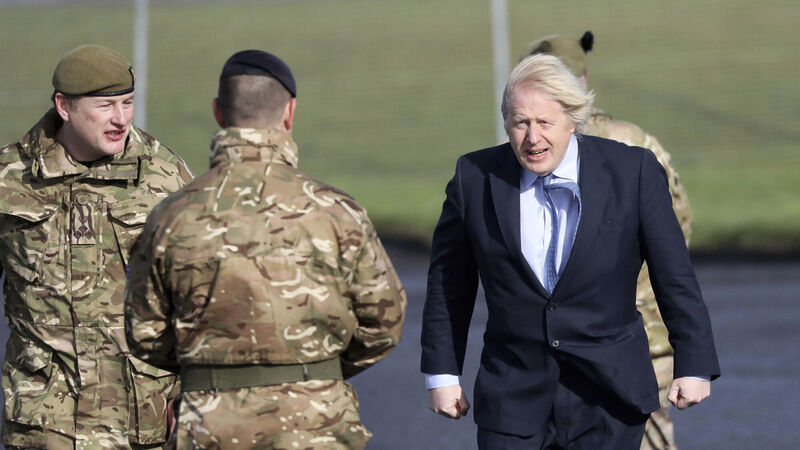Boris Johnson warns against new ‘cold war’ with China

Boris Johnson has announced the outcome of his government's integrated ieview of security, defence, development and foreign policy. File Picture: Peter Morrison/PA
Boris Johnson has warned that the UK must not get drawn into a new “cold war” with China as he set out his vision for a post-Brexit foreign policy.
The British Prime Minister insisted his government’s long-awaited integrated review of security, defence, development and foreign policy offered a “clear-sighted” approach for dealing with Beijing.











